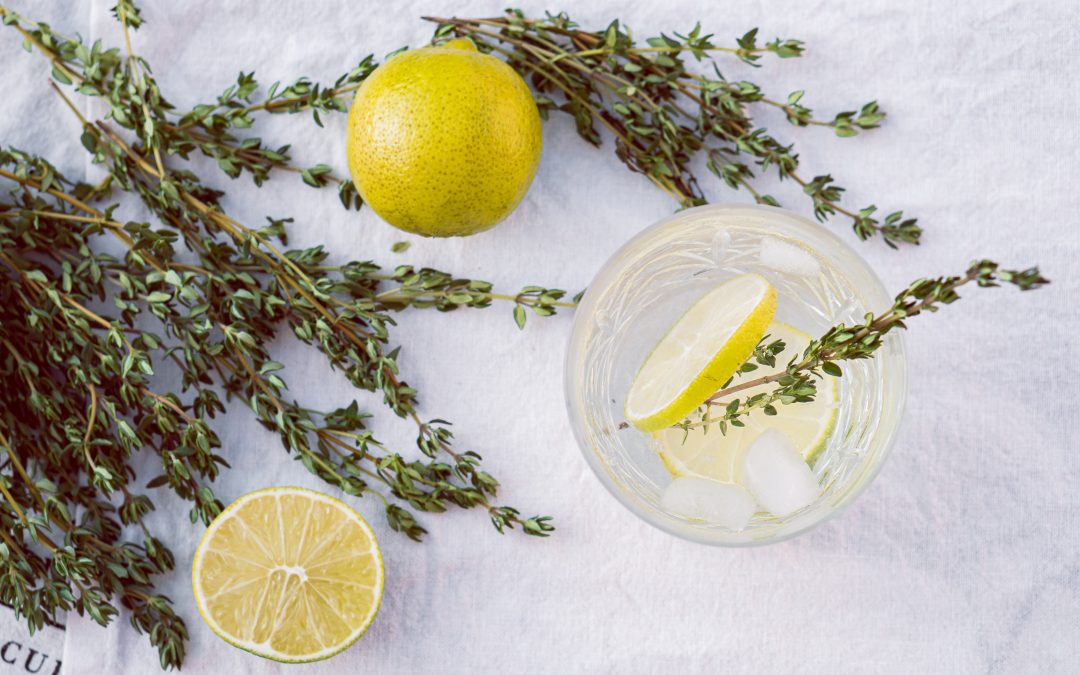We thought it might be helpful to write something about how to help yourself if you have symptoms of Covid-19 but symptoms are mild and you have been advised to self-isolate at home.
The NHS website at the time of writing advises the following:
To help yourself stay well while you’re at home:
- drink plenty of water to stay hydrated – drink enough so your pee is pale and clear
- take paracetamol to help ease your symptoms
- stay in touch with family and friends over the phone or on social media, to help you avoid feeling low or lonely
- try to keep yourself busy – you could try activities like cooking, reading, online learning and watching films
- do light exercise, if you feel well enough to
From an herbalist perspective this virus is a ‘cold condition’, so warming yourself up internally will be helpful in impeding its progress, for example drinking warming herbal tea with ginger, cinnamon and – if you can safely identify it in your garden or nearby wild spaces – yarrow.
This also helps you break a fever, which is the body’s way of responding to the virus, as it cannot thrive in very hot conditions. Monitor the fever and the ‘old wives’ way’ is to allow it to take its course. Discomfort can be eased by using cold flannels on the forehead or cool baths. However it is important to seek advice and support if you feel worried about this in any way.
It is very important to stay hydrated. Drinking fluids to the level where you are urinating copiously helps clear heat from the centre. If you are concerned about dehydration and don’t have rehydration packages at home, a homemade rehydration drink is: 1 litre water, 1 tsp salt, 8tsp sugar or honey, juice of a lemon.
Eat light nutritious food, like clear chicken broth, miso soup and stewed apple. Health professionals are beginning to highlight the usefulness of quercitin in this virus, as it appears to inhibit viral docking on cell surfaces. Foods rich in this compound include red onions, leafy green vegetables, broccoli, peppers, apples, grapes, black tea, green tea and (joyfully) red wine!
A tea combination to ease and sooth the chest is thyme and liquorice (you might find thyme in your garden or supermarket herb areas, you can buy liquorice tea bags in most big supermarkets too). However liquorice has the potential to raise blood pressure – so regular use of this herb needs to be monitored by a health professional in individuals that already suffer from high blood pressure.
If you have the virus, it is a sensible step to try and prevent the virus making its way into the lower respiratory system and causing viral pneumonia. Steaming and gargling can be helpful.
Gargling with warm salt water is apparently sufficient. But you could make up a gargle with teas of sage, thyme, raspberry leaf, blackberry leaf and/or liquorice.
Simple steaming involves putting hot water into a bowl and with a towel over your head, lean over the bowl to breath in the steam for 10 minutes (care not to burn yourself, of course). But you could also steam with the same teas as above, or steam with hot water with a few drops of appropriate essential oils such as tea tree, eucalyptus, thyme, pine, ravintsara or cinnamon (although avoid cinnamon at night as it is too stimulating). The towel captures the steam and aroma so that the air underneath it is thick with moist air and scent.
At the same time, it is also useful to rub essential oils onto the feet. The phytochemicals are then carried up to the lungs via the blood and breathed out – think of it as clearing from the bottom up, which is a valuable way to augment the clearing from the top. When applying essential oils to the skin, best that 3-5 drops are mixed with a carrier oil first (a tablespoon of olive oil or vegetable oil will do, though if you have sweet almond oil it will smell better!). Doing this twice a day would be particularly useful for people with asthma to help keep the lungs clear.
General, it would be a good to use appropriate essential oils in burners around the house. You can also add a few drops to a tissue and sniff it regularly as a preventative measure. Be careful not to go overboard, as too much scent can give some people a headache. When I say burners, that is what I mean! Humidifiers that puff aroma into the air might not be a good choice in this situation, as a dry atmosphere seems to be a better preventative than a moist one. The advice is to keep your home well ventilated with lots of sunlight – the virus needs cool and dark to remain stable.
And lastly, and this is something my Granny used to insist on when we had colds or flu, half a fresh cut raw onion on a small plate on your bedside table will help draw away nasties from you during the night for the benefit of anyone else sleeping in the same room.
Please appreciate that everyone is different and these are general and simple things that you might want to try at home using ingredients that you might have in your kitchen or garden already. None of this replaces proper medical advice or treatment, so be sensible and self-responsible with these suggestions. If in doubt, ask a medical practitioner first.
The NHS 111 Covid-19 link is here.
Sending you all huge love. Thank goodness for the sunshine this week 🙂
Jules (Stay Well Simply on Facebook)
